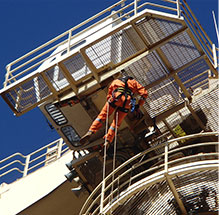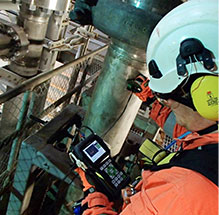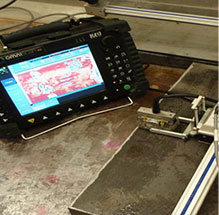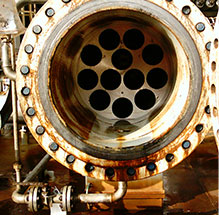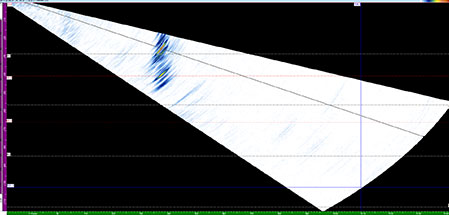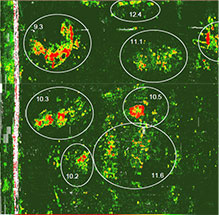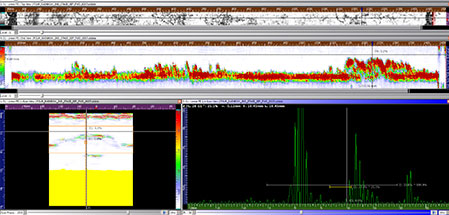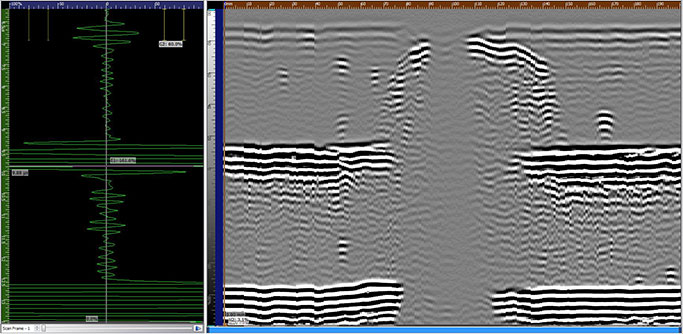Effective QA/QC is essential to keep maintenance life cycle costs low.
QA/QC is the combination of quality assurance (the process or set of processes used to measure and assure the quality of a product) and quality control (the process of meeting products and services to consumer expectations).
At Next Advanced Solutions, we do not underestimate the importance of effective QA/QC. We understand how sub-standard performance such as poor quality welds or coating applications can result in costly, undesirable events in service. Our procedures and services ensure quality workmanship.
We offer experienced QA/QC engineers, technicians, weld inspectors, coating inspectors and support personnel to various industry sectors. Our personnel can be included within the client project team or be supplied on an ad-hoc basis. The services include, but are not limited to:
- Quality management
- Auditing
- Quality plan (QP) development in compliance with applicable codes and standards
- Inspection and test plan (ITP) development
- Welding procedure specification (WPS) review and compliance verification, and
- Procedure qualification record (PQR) review and compliance verification
- Material test record (MTR) review and compliance verification
- Manufacturer’s data record (MDR) compilation and review, or
- Manufacturer’s record book (MRB) compilation and review
- Source inspection of both vendors and suppliers
- Weld inspection, including fit-up and alignment
- Dimensional verification
- Coating inspection
- Factory acceptance testing (FAT) and witnessing


